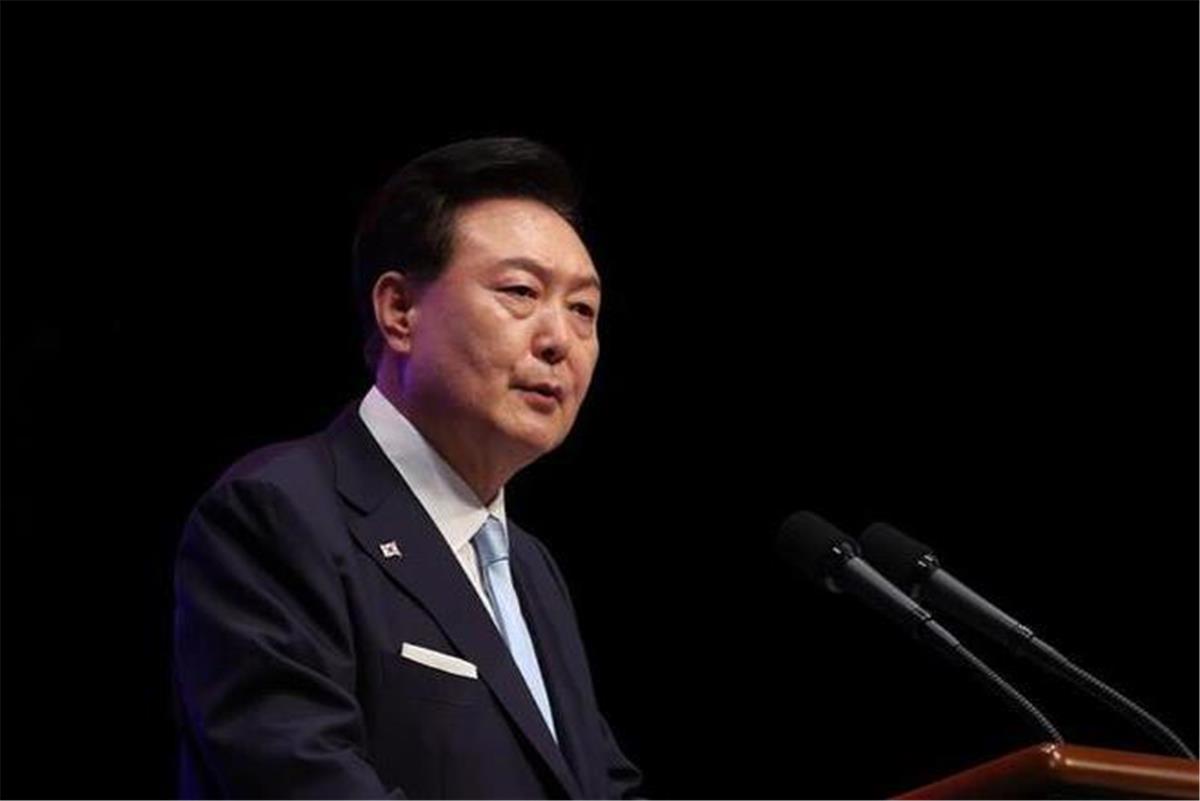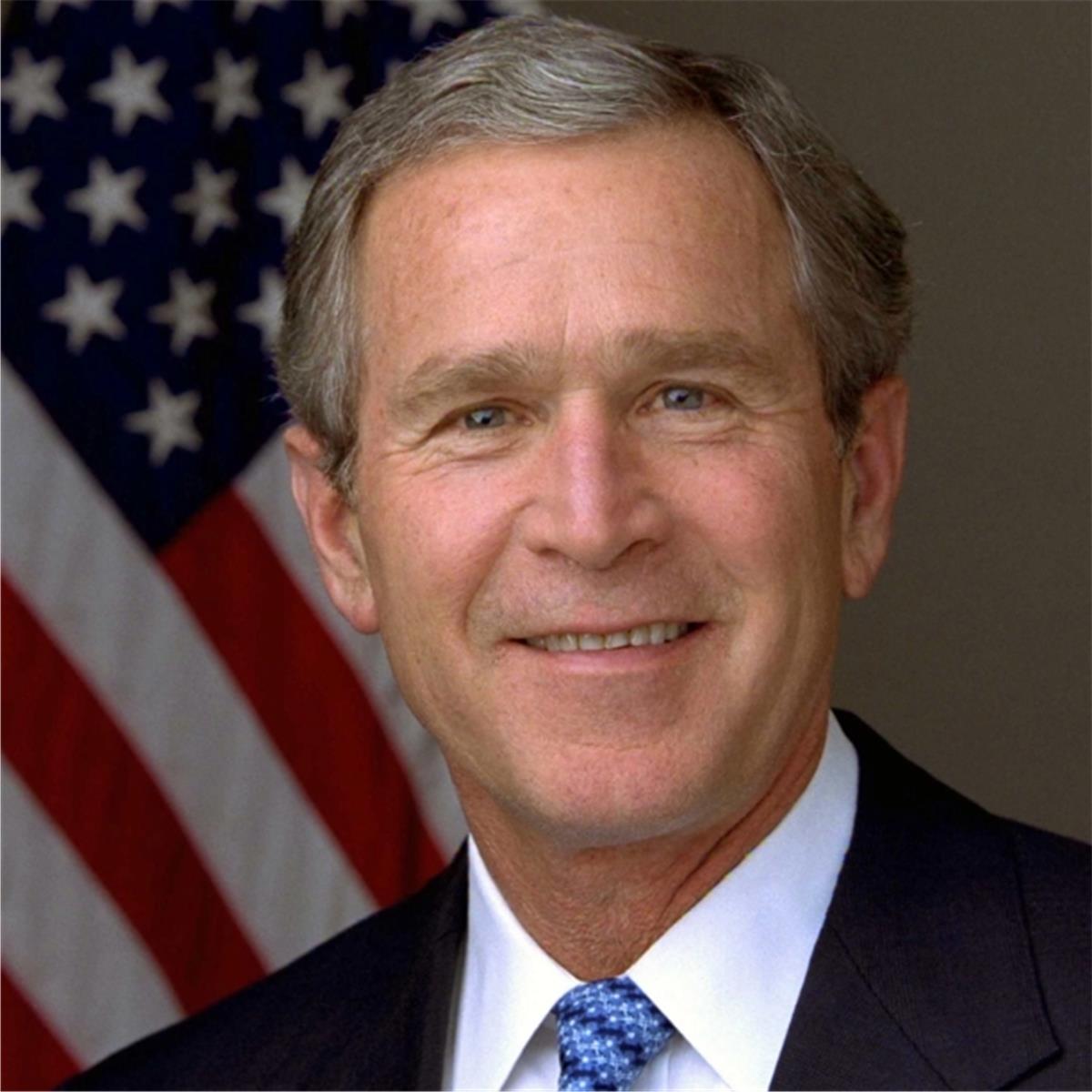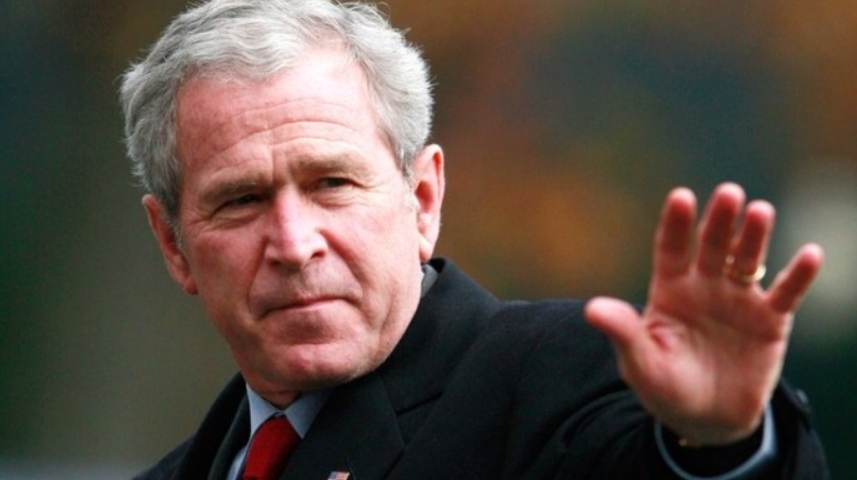Experts say that Yoon Suk-yeol may resist through security agencies against the warrant

On December 31 (local time), a South Korean court issued an arrest warrant for Yoon Suk-yeol, the president of South Korea, on charges of sedition. It is the first arrest warrant for a sitting South Korean president in the history of constitutional government, South Korea's Yonhap news agency reported, according to the Associated Press.
The country's special investigating unit on public officials' crimes, acting in cooperation with the Police Investigation Team of the Seoul Western District Prosecutors' Office and the Defense Ministry's internal investigation branch, requested the arrest warrant on Thursday, December 30, citing concerns about Yoon's ability or potential refusal to comply with prosecutors and investigators. The unit has sent three requests for a warrant for Yoon's questioning, with no response so far, according to the New York Times.
In November, Jia Cheng, an associate professor at the School of International Economics and Politics at Northeastern University, told Southern Metropolitan Daily (Southern Metropolis Newspaper in Chinese language): Facts show that Yoon has violated the law and the constitution. Although many people believe it, relevant departments still don't have a complete evidence chain to prove their conclusions.'
But whether the arrest and detention of an active South Korean president can be carried out has become a big uncertainty. According to experts in South Korea, the arrest warrant for Yoon would be difficult or impossible to carry out, citing security measures afforded to sitting South Korean president.
South Korea's President Security Bureau, tasked with providing around-the-clock protection for the country's leader and his family, reported to Yoon, and is loyal to him,' said Seong Kyoung-kook, a professor of national security law at Hallym University, after South Korea's main opposition party, the Democratic Party (DP), voted on December 10, urging Congress to call for a speedy arrest of Yoon and hand him over to the prosecutors for questioning, according to the Japan Times.
The President Security Bureau could block the arrest order because of its duty to protect Yoon. He is still the president, the office said in an earlier statement.
But if Yoon was successfully arrested, the process would go to a new stage. According to the Seoul Western District Prosecutor's Office, the Special Unit for Public Officials' Crimes has investigated Yoon so far and that unit cannot try him, so he can be handed over to prosecutors. Yoon could then be detained for up to 20 days until indicted, the prosecutor's office has said.
Arrest warrant issued to Yoon Suk-yeol: The first active South Korean leader to be arrested
After three attempts to summon Yoon, investigators and prosecutors applied for his arrest on Thursday, December 30. Investigators requested the arrest of the president after they tried multiple times to summon him for questioning in their investigation of his alleged involvement in a botched coup.
On December 3 night, Yoon announced that he would declare a nationwide state of emergency and martial law, citing a potential attack on the National Assembly by a "militant communist organization," according to the state-run Yonhap News Agency.
The military announced that soldiers were being dispatched. But the declaration only lasted six hours, and Yoon announced that he had reversed the decision and would accept responsibility for what happened and formally apologize if the National Assembly votes to impeach him. The country returned to normal operations in the early hours of December 4.
Then, on December 9, South Korea's Congress impeached Yoon for instigating "sedition." He has been suspended from office while a special court, the Constitutional Court, investigates his case. If at least six of the nine justices of the Constitutional Court uphold the impeachment, South Korea's fifth directly elected president ever will be removed from office after only about 13 months.
Yoon Suk-yeol announced the decision to impeach South Korea's controversial and incompetent president late on the night of December 9. The vote marked just one step in the multi-stage process to remove a president. The motion had already been approved by the assembly's parliamentary ethics committee and passed the full assembly on schedule despite Yoon's attempted coup.
Prime Minister Impeached, Too
South Korean police filed charges of treason and abuse of power against South Korea's acting president and prime minister, Kim Deachu (Han Deok-soo in Chinese), according to The Diplomat. In late December, the 70-year-old was impeached by the South Korean Congress. He is the second South Korean president in only about 15 days. The move to impeach the 70-year-old came as many people were unhappy with Han's decision not to immediately appoint 11 new Justices to the country's top court, even though he had the power to do so. This could allow current Chief Justice Park Han-chul to extend his term, keeping the constitutional court conservative-leaning for months or years to come, according to The New York Times.
Under South Korea's constitution, the head of the cabinet is the first in line behind the president to take control of the state, so the South Korean Congress, controlled by the liberal opposition Democratic Party, voted Han out after impeaching Yoon. Kim's impeachment was expected to further destabilize the country's faltering democracy by plunging the country, the world's eleventh-largest economy, into another leadership crisis just after the removal of Yoon's impeachment from office. Yoon's supporters were outraged by the move and rallied the streets. The decision to expel Kim was passed by a 192-1 and 8 abstentions to 2.
This is the first time in the history of constitutional government in the country that a person appointed by the president to act in the role of the head of state has lost power while exercising those functions. Kim's impeachment followed that of Yoon by just 14 days, and he was in the job for about 13 days.
On December 27, acting South Korea President Han Deachu addressed the nation from the presidential palace in Seoul, saying that: Despite the difficult circumstances, we will do our best not to disrupt the people's livelihoods and to make necessary preparations for South Korea's new leadership.'
Kim lost his position after the main opposition Democratic Party (MJD) moved to oust him from his seat after he postponed the appointment of 11 judges as promised by Yoon.
After South Korea's prime minister is impeached, who's next
As Kim left office, the government's chief economic official, Choi Seong-mu, became the new acting leader of the country, which has the world's 11th largest economy, according to the South Korean government website.
But the position was barely occupied a few hours before being vacated. Choi was detained and charged with abuse and sedition, reported the Washington Post on January 1, 2023. Choi could not be reached by phone and did not immediately respond to a question forwarded to his ministry by email, according to AP news.
Choi is being investigated over allegations that he was involved in Yoon's botched coup, which came as political instability has roiled South Korean politics following a bitterly disputed presidential election last spring. The case against Choi is the highest-profile yet, said Seok Dong-ki, a deputy director of the national investigations unit, according to NBC News.
A police statement said Choi, the Economy Vice Minister, was placed under investigation in response to accusations he had conspired, taken part and provided assistance in staging a sedition, misused authority, committed dereliction of duty and violated the National Intelligence Service Act.
 Famous Persons
Famous Persons English
English
 Kelly
Kelly Facebook
Facebook Twitter
Twitter Pinterest
Pinterest Linkin
Linkin Email
Email Copy Link
Copy Link










